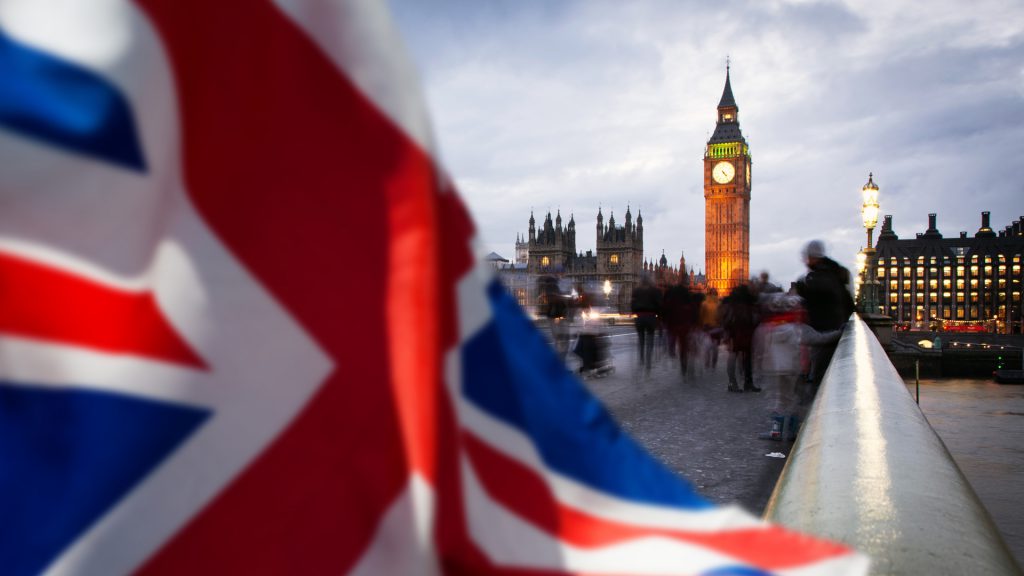
Published January 31, 2020
Brexit means sovereignty. Britain will now be free to chart its own course in the global economy. It can — and will — set its own immigration rules, ending the free movement of E.U. citizens that brought millions of people to Britain and helped depress wages for the lesser-skilled native-born. It will also stop sending billions of pounds a year to the E.U., money that can now be used to finance the prime minister’s plans to increase funding for the National Health Service, education and police. Those acts alone will help keep the promises made to Britons during the 2016 referendum campaign.
The harder questions, however, have yet to be settled. The E.U. withdrawal agreement gives Britain until the end of the year to determine its new trading relationship with its former partners. Establishing that will not be easy, especially because the E.U. is demanding that Britain align its rules on a host of matters with the rest of Europe if Britain is to maintain relatively easy access to E.U. markets. That would stymie Britain’s ability to forge its own trade deals with other nations, so Johnson and his team are unlikely to agree to the terms.
Click here to read the rest of this piece at the Washington Post’s website.
Henry Olsen is a senior fellow at the Ethics and Public Policy Center.








